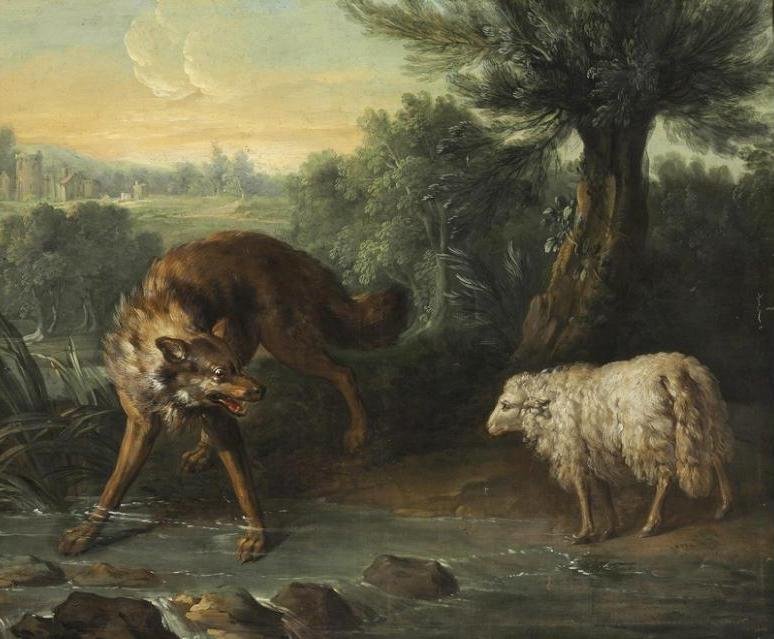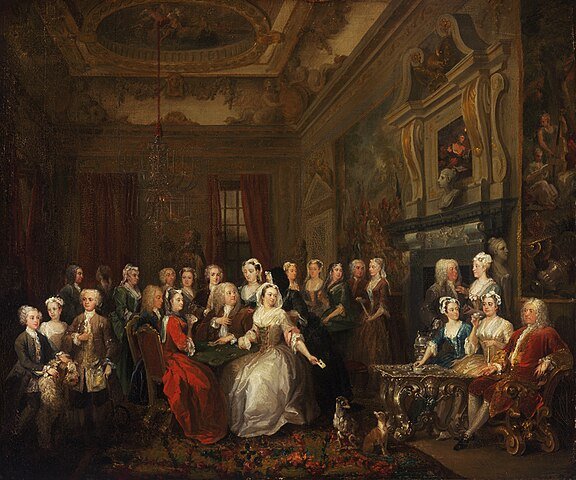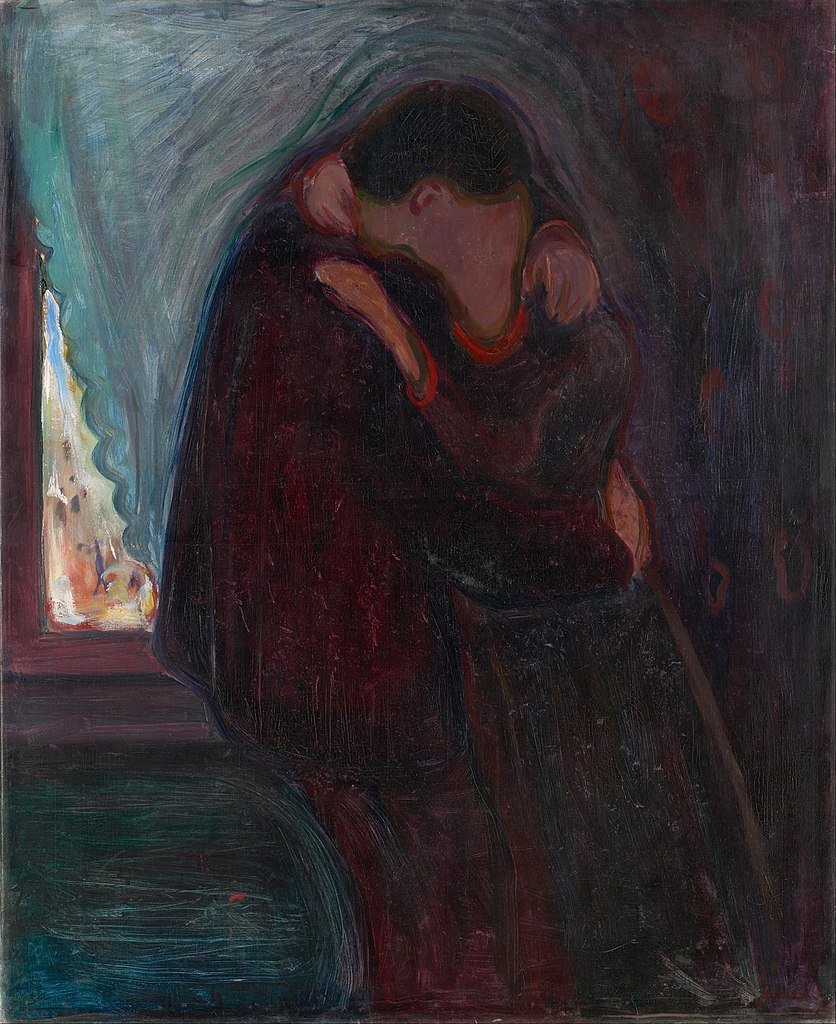Timeless quotes from Steppenwolf
In an author’s note for the 1961 edition of Steppenwolf, Hermann Hesse described the novel as his most “violently misunderstood” work, especially by its proponents. He wrote:
“Yet it seems to me that of all my books Steppenwolf is the one that was more often and more violently misunderstood than any other, and frequently it is actually the affirmative and enthusiastic readers, rather than those who rejected the book, who have reacted to it oddly.”
What is it about this book that’s so conducive to misinterpretation? Many believe the novel is nihilistic since the protagonist is, for the most part, disillusioned with society and lacks purpose. But at its core, Steppenwolf is a spiritual novel about life, death, and eternity.
The novel follows the oddball character Harry Haller, who despite his intellect—or perhaps because of it—feels more wolf than man. He leads a mundane, solitary life and is wracked with ample physical ailments (like chronic pain, insomnia, and digestion issues), but his life takes an exciting turn one night when he discovers a paper from a strange figure: Treatise on the Steppenwolf, meant “Only for the insane.”
If you like novels with philosophical themes, there’s a good chance you’ll enjoy reading Steppenwolf. It’s ripe with ideas from thinkers like Goethe and Nietzsche, as well as Buddhist underpinnings throughout.
Steppenwolf is filled with beautifully written, thought-provoking passages. Here are 19 of the best quotes from Steppenwolf:
Steppenwolf quotes about dualities
Buddhism is central to Steppenwolf, and we see its influence in the novel’s exploration of dualities. In the following passages, Hesse examines the dichotomy of the “self”—the tension between our rational, intellectual nature and our animalistic, instinctual nature. He also expands this theme to explore the complexity of the soul, not as a fixed, single entity but as a fragmented, ever-changing existence.
***
For a brief interlude…check out these articles for more insights + subscribe to my newsletter:
Steppenwolf quotes about longing for eternity
A recurring theme in Steppenwolf is the longing for something beyond our individual experiences—a yearning for life after death and a connection to the infinite. This desire for eternity represents the struggle to reconcile our present existence with a pull toward something greater. The following quotes capture a sense of eternal homesickness.
Steppenwolf quotes about solitude
Solitude defines much of Harry Haller’s life; he spends most of his time alone. As an outsider, Haller offers a unique perspective on society and the human condition. These passages capture both the pain and pleasure of solitude.
Steppenwolf quotes about innocence and guilt
Another key theme in Steppenwolf is the tension between innocence and guilt. Instead of idealizing innocence, Hesse suggests that sin is an inevitable part of life and a crucial step towards understanding and growth. The novel emphasizes the value of all aspects of experience—embracing life’s complexities and throes.
Steppenwolf quotes about death
Death is a central theme in Steppenwolf, and it’s deeply intertwined with the concepts of eternity and living fully. For Hesse (and in Buddhist thought), death isn’t an end but a transformation. These quotes explore the relationship between life, death, and the spiritual growth that comes from confronting both.
An ultimately uplifting message
Through its exploration of dualities, eternity, death, and more, Steppenwolf offers readers a thought-provoking exploration of the human condition—which is, at times, full of despair and loss but also full of hope and transformation.
Hesse himself clarified this intended message in the same author’s note we saw at the beginning of this article:
“I would be happy if many of them were to realize that the story of the Steppenwolf pictures a disease and crisis—but not one leading to death and destruction, on the contrary: to healing.”
There are many more memorable quotes and themes from Steppenwolf—commentaries on suffering, extremes, the state of society, and more.
If you enjoyed reading Steppenwolf, I recommend checking out Siddhartha (also written by Hesse, and, in my opinion, his best work). You also might enjoy Milan Kundera’s novels Immorality (which is very similar to Steppenwolf) and The Unbearable Lightness of Being.
Are there any other quotes you loved from the novel or similar reads? Share your thoughts in the comments below!



























